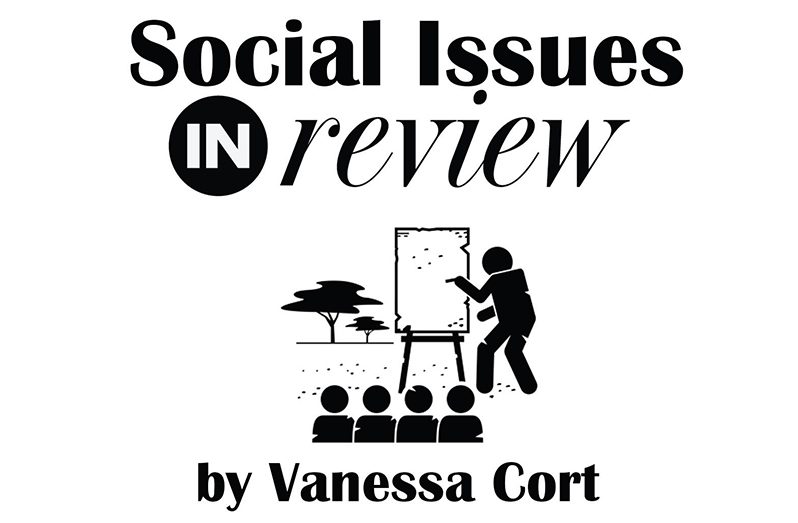OVER two decades ago I became friendly with a multi-talented woman – able to play several musical instruments well – and so came into contact with her mentally unwell son.
The eldest of four boys, Mike was bright, had done well at school, then began showing signs of mental imbalance. According to his mother the boy, who loved drawing became erratic, and unfocussed and his condition continued to deteriorate to the point where she was forced to keep him at home.
His behaviour change was so alarming that his mother began to wonder if someone had ‘tampered’ with him. She was referring to ‘obeah’, which many of us blame for the mental instability we may witness in a friend or family member – ‘Somebaddy do e’.
However, family members had a different recollection of this young man’s illness and its origin, saying the youth was an ‘oddball’ as a child and also a loner. He had experienced a particularly traumatic event, when, as a young boy, he woke up to find the grandmother he stayed with dead in the bed beside him.
This certainly would have added to his emotional turmoil.
Whatever the cause, and whether Mike’s condition progressed slowly or rapidly, by the time I met him it was clear to me that he was severely mentally challenged. He would walk up and down the stairs in their two-storey home and pace the rooms wringing his hands. He seemed oblivious to his surroundings and would appear to be looking through rather than at me.
He did not go out and had little interaction with anyone outside of his immediate family. The relative commented that while he may have been exposed to some level of medical attention the treatment did not continue.
Another young man who comes to mind is one I would pass regularly stooping or sometimes standing at the side of the main road in Golden Grove on the East Bank, where, until recently I had been living. This fellow was clean and properly dressed, always with a broad smile on his face as if amused by some private joke.
He spoke to no one and would remain stooping for such extended periods that I wondered how his knees coped with the strain, though he somehow seemed quite comfortable. I had no idea of where in the area he lived but felt it was close to where I would often see him. His neat appearance indicated that someone was taking care of him, but I doubted he was receiving any treatment. He was a regular on the corner.
I mention these two young men primarily to urge parents to seek professional help for their children as soon as they observe signs of abnormal behaviour. Ignoring the problem will not make it go away, neither will living in denial. Things just get worse and treatment may have to be more prolonged. An old, familiar saying on another subject seems appropriate in this case – ‘a stitch in time saves nine’.
It strikes me that in Mike’s case, his mother probably paid insufficient attention to his condition until it became obvious that something was wrong and she could no longer ignore it. Though she still sought to grasp the notion that her son was the victim of ‘outside wuk’.
Whether we feel other forces are at play or not, our first action when we notice uncharacteristic or odd behaviour in our children is to seek professional advice or arrange a consultation. What we should not do is ignore it.
Perhaps 20 years ago options were limited, but now several hospitals and clinics around the country offer free mental health counselling. Also, when treatment has begun it must be continued to be effective.
So, parents, friends, and family members do not hesitate to seek qualified help for yourself or suggest this to anyone who may seem to be mentally unwell.



.jpg)









